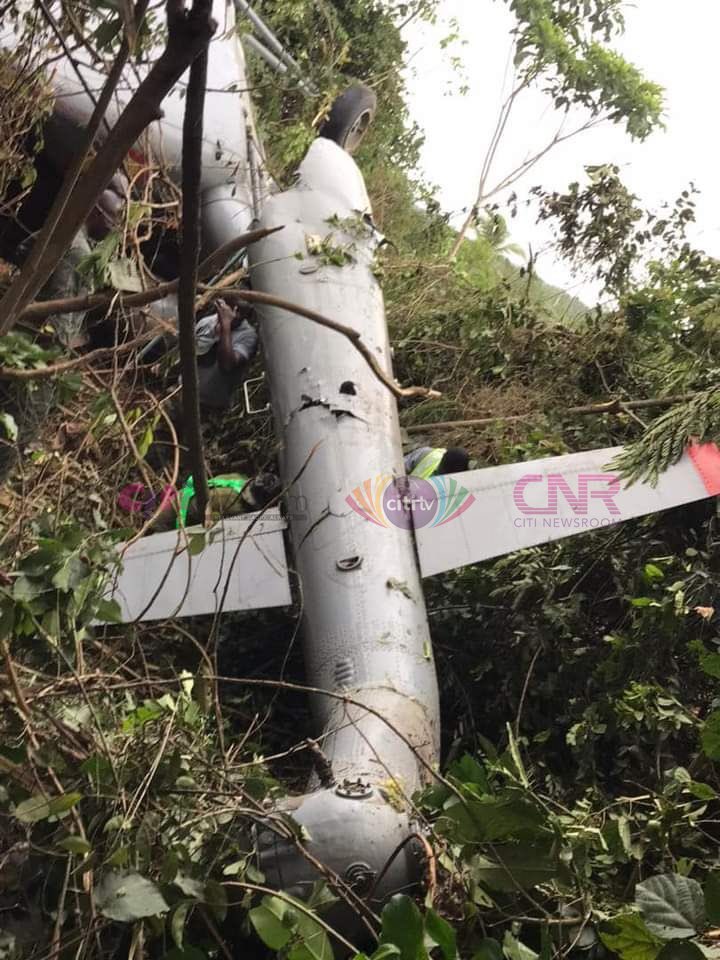
Comoros' government claimed Wednesday that clashes between troops and opponents of President Azali Assomani on the island of Anjoiuan had subsided despite witnesses describing continued violence.
Interior Minister Mohamed Daoudou said "the situation is back to normal" after three days of deadly violence in Anjouan's main city Mutsumadu which has pitted security forces against a nascent rebellion.
Three people have been killed in the violence, he added, although no independent verification was immediately available.
Assoumani's bid to extend his term limits has fuelled anger in the Indian Ocean archipelago in recent months, especially on Anjouan which is administered by the main opposition Juwa party and is home to its leader Abdallah Sambi.
He has been charged with corruption as part of a government crackdown on opposition dissent.
But witnesses reported that the situation had deteriorated since the first reported clashes in the early hours of Monday, with Mutsumadu's densely-populated medina the centre of violence between government forces and Assoumanu's opponents.
"No one was able to shut their eyes all night, there was shooting everywhere," said one witness who spoke to AFP by telephone who claimed that local people were bearing the brunt of violence that flared between Tuesday night and Wednesday morning.
Markets did not open, shops were shuttered and water and electricity supplies were cut as security forces encircled the medina area, according to witnesses.
"(It's) endangering the whole population," said one of them, who added that rebel forces were using the "confusion to take advantage of the situation and attack the soldiers directly."
A night-time curfew has been imposed on Anjouan.
The United Nations and African Union called on Wednesday for talks to urgently re-start in the coup-prone Comoros islands.
Assoumani won a referendum in July on constitutional changes that includes ending the rotation of the presidency between the country's three main islands after one term.
'Drug addicts and alcoholics'
Assoumani, from Grand Comore island, launched a crackdown on rivals following the vote, which was boycotted by opposition parties and which he won with 92.74 percent support.
Under the constitutional changes, Assoumani, who came to power in a military coup and was elected in 2016, will be able to run for consecutive terms.
He has indicated that he also plans to stage polls next year which would allow him to reset his term limits and theoretically rule until 2029.
The government has pinned the blame for the unrest on the opposition.
"They are responsible for everything that has happened in the medina," said Daoudou, the interior minister, who denied government forces had taken hostages there. "That's a campaign of lies."
"In Anjouan, people are coming and going normally except for in the medina which has been occupied by terrorists, as well as drug addicts and alcoholics," he added.
"These armed Comorians are not Comorians."
Assoumani's critics including Juwa have accused him of a "dictatorial power grab".
"Assoumani appears increasingly intolerant of dissent," Jane Morley, analyst at the London-based Fitch Solutions risk consultancy, told AFP.
"A number of opposition figures have been arrested or gone into hiding, amid accusations of coup plots, corruption and the like.
"Should Assoumani stand in early elections in 2019, as looks likely, power is unlikely to rotate to Anjouan, as would have been the case under the rotational system."
The last of several coups was in 1999 when Assoumani, then the head of the army, seized power for the first time.
He gave up power in 2006 before being elected in 2016.
A group of parliamentarians from France, the former colonial power, who had been due to visit the island were forced to cancel their trip because of the ongoing insecurity.
Read Full Story












Facebook
Twitter
Pinterest
Instagram
Google+
YouTube
LinkedIn
RSS